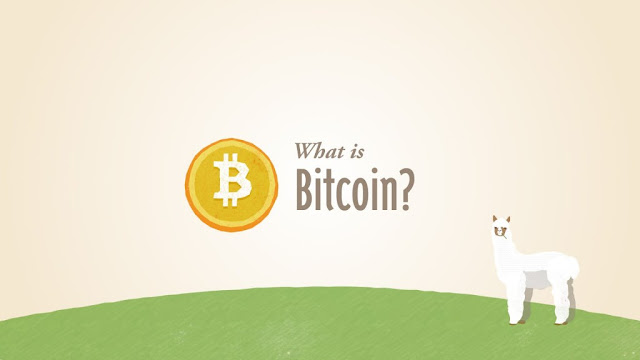What is BitCoin (BTC) and how does it "earn"?
Profitably, and in short, BTC is a cryptographic "currency", which is not recognized by any country, beyond which there is no institution or individual. It is a program that is constantly being run on the Internet, supported by thousands of computers that process BTC transactions between users. Also, this is the amount that is in your digital "wallet" (which you hold on your phone, on a hard disk of a computer, or on a USB drive, or in a "trusty" on the Internet).
BTC can steal (not easy, but can), and once lost (due to, hardware failure), it always disappears from the system.
"Mining" is the basic function of BTC, which is both currency and payment method. Each transaction is the subject of every one in the network who has included their computers in the calculation of complicated problems, with a common goal of securing transaction security (as well as their anonymity and irrevocability). The reward will receive the appropriate "newly created" BTC (which would be "primary emission" in economic terminology).
Due to the frequent and drastic changes in the value of this currency, which go up to 10 percent a day, many go into standard stock market speculations - sell more expensive, buy cheaper. Of course, as in any currency stock exchange, some of these transactions get, and some lose.
Something more extensive text on this topic has been done by Digizalizuj.me, so I recommend you read it.
Why is Bitcoin so popular?
Deflator Currency - There is a clearly defined final (total) number of BTCs (21,000,000). This means that no "authority" can emerge that would start printing money arbitrarily, asking us to believe that the more and more of the money you spend has the same value.
In relation to the previous, the lack of central authority to whom we should believe, but who have been so many times released (from Vojvodina inflation, through inflation in the then Yugoslavia of the nineties of the last century to the worst of all, LIBOR scandals). Everything is defined in the original algorithm and no one can change the algorithm.
Anonymity of the transaction, so this really is a real digital cash equivalent, with all the good and bad sides of it. Transaction security, relative transparency of the whole process, or inability to use multiple BTCs Peer-to-peer Technology - There is no point (IT bank or card processor) that can cancel, while tens of thousands of computers work around the world at the same time.
BTC can steal (not easy, but can), and once lost (due to, hardware failure), it always disappears from the system.
"Mining" is the basic function of BTC, which is both currency and payment method. Each transaction is the subject of every one in the network who has included their computers in the calculation of complicated problems, with a common goal of securing transaction security (as well as their anonymity and irrevocability). The reward will receive the appropriate "newly created" BTC (which would be "primary emission" in economic terminology).
Due to the frequent and drastic changes in the value of this currency, which go up to 10 percent a day, many go into standard stock market speculations - sell more expensive, buy cheaper. Of course, as in any currency stock exchange, some of these transactions get, and some lose.
Something more extensive text on this topic has been done by Digizalizuj.me, so I recommend you read it.
Why is Bitcoin so popular?
Deflator Currency - There is a clearly defined final (total) number of BTCs (21,000,000). This means that no "authority" can emerge that would start printing money arbitrarily, asking us to believe that the more and more of the money you spend has the same value.
In relation to the previous, the lack of central authority to whom we should believe, but who have been so many times released (from Vojvodina inflation, through inflation in the then Yugoslavia of the nineties of the last century to the worst of all, LIBOR scandals). Everything is defined in the original algorithm and no one can change the algorithm.
Anonymity of the transaction, so this really is a real digital cash equivalent, with all the good and bad sides of it. Transaction security, relative transparency of the whole process, or inability to use multiple BTCs Peer-to-peer Technology - There is no point (IT bank or card processor) that can cancel, while tens of thousands of computers work around the world at the same time.

Comments
Post a Comment